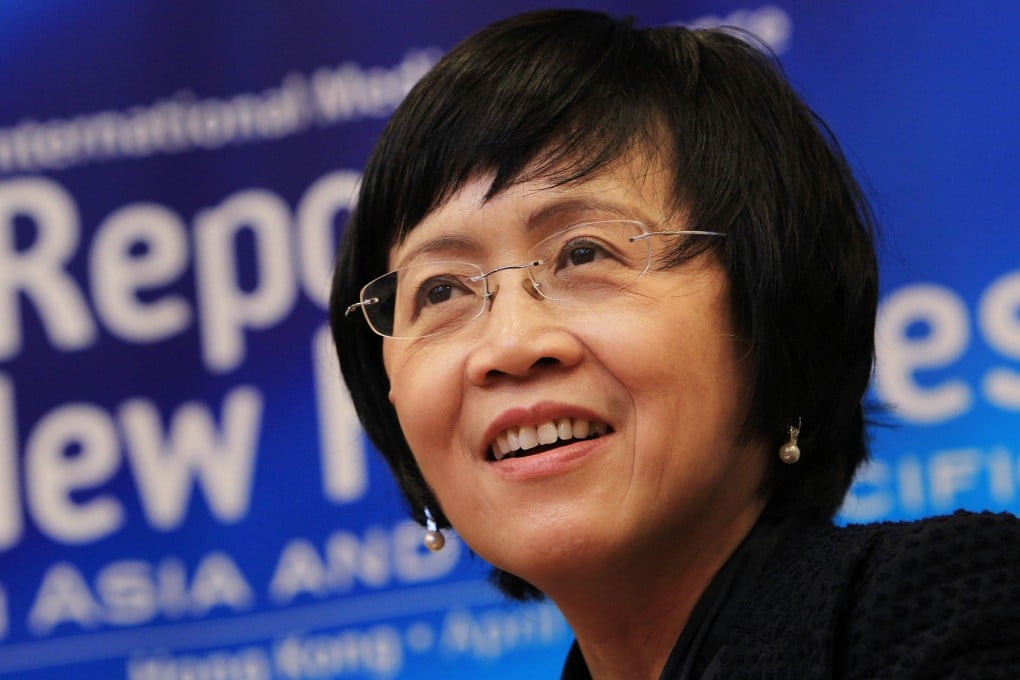New boss, and backing, for Hu Shuli’s Caixin Media group
Editor Hu Shuli gets new boss and support as CMC chief assumes role of chairman at mainland media group

Hu Shuli, one of China’s most respected and high-profile journalists, is getting a new boss – as well as renewed financial and political backing.
China Media Capital (CMC), a government-backed, 5 billion-yuan investment fund that counts some of the country’s largest state-owned media and financial firms as its shareholders, said on Thursday that it had purchased a stake in Caixin Media Co., the Beijing-based media group Hu has run for the past four years.
Li Ruigang, the chairman of CMC, made the announcement at the closing ceremony of a financial conference hosted by Caixin in Beijing on Thursday evening. Neither CMC nor Caixin disclosed the exact size of the stake or the transaction price.
“My fund and I are very honoured to become a part of Caixin,” Li said in his speech. "Our common goal is to build a China-based financial media platform with international influences," he added.
According to sources close to the deal, CMC has bought a 40 per cent stake in Caixin from Zhejiang Daily Press Group, thus becoming the largest shareholder of Hu's group, which operates four Beijing-based magazines and a financial news website. It also places the outspoken Hu under the wings of Li Ruigang, 44, one of the most powerful executives in China’s state-run media industry.
